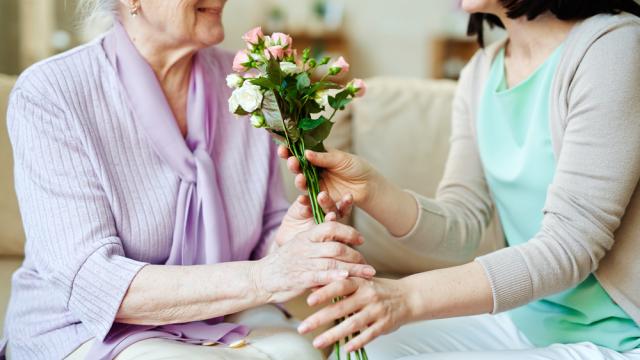Scientists have long wondered why humans often give without accepting anything in return, or why we tend to help unrelated strangers. Apparently, what others think means a lot to us as a species and that has contributed to the size of our big brains.
Humans are particularly judgemental of others, but scientists at Cardiff University say that constantly comparing ourselves to others has shaped our evolution. It’s why we’re prone to help others, even without the promise of payback (even if we expect something later). It’s our way of judging others and has contributed to our evolution and survival.
The researchers, who published their findings in Scientific Reports, stated they ran hundreds of thousands of simulations between “simplified humans”. They created games where one simulated human was tasked with deciding whether to donate to another person based on their reputation. “If the player chose to donate, they incurred a cost and the receiver was given a benefit. Each player’s reputation was then updated in light of their action, and another game was initiated,” researchers wrote.
What they found was that if the receiver’s reputation was similar to the donor’s then there was more likely to be a one-way interaction, especially in cases where there wasn’t a proposed benefit in doing so. If a human was more prone to giving, that person was also more likely to receive.
“Our results suggest that the evolution of cooperation, which is key to a prosperous society, is intrinsically linked to the idea of social comparison — constantly sizing each other up and making decisions as to whether we want to help them or not,” study co-author Roger Whitaker said in a statement. “We’ve shown that over time, evolution favours strategies to help those who are at least as successful as themselves.”
Evolutionary psychologist Professor Robin Dunbar from the University of Oxford, who also worked on the study, suggests that this relationship and judgment could have affected our brain size, which experts believe expanded in relation to our chimpanzee relatives due to complex social interactions.
Dunbar was the one that proposed the “social brain hypothesis,” which states that our brains evolved not just for survival or for solving problems, but that it helped us to form large and complex social groups. In 2009, he wrote that “in primates, there is a quantitative relationship between brain size and social group size… presumably because the cognitive demands of sociality place a constraint on the number of individuals that can be maintained in a coherent group.”
It’s important to note that this isn’t uniform across the species and is only called a “dominant heuristic” in the study. There are many recorded phenomena that suggest that giving isn’t necessarily in correlation with the receiver’s reputation (such as when people give large sums of money to those less fortunate or in the cases where “paying it forward” seems to be contagious).
But constantly evaluating ours and others’ social standings has helped our brains grow larger and increased the size of our cerebral cortex, and seems to be one of the things that makes us human. It can also help machines make decisions like humans, especially in one-off situations, such as when a self-driving vehicle can make a decision on the road.
“New autonomous technologies, such as distributed wireless networks or driverless cars, will need to self-manage their behaviour but at the same time cooperate with others in their environment,” Whitaker said.
